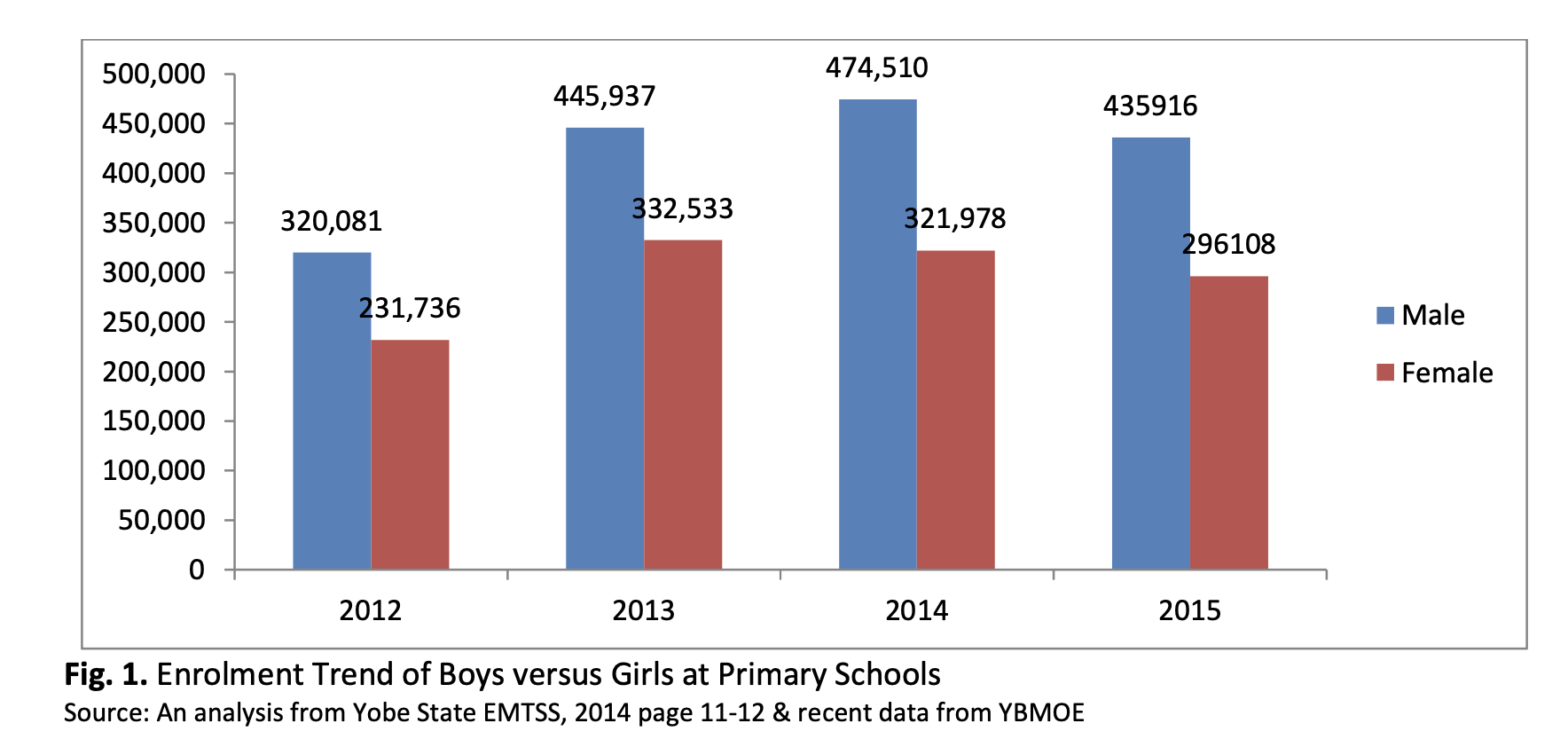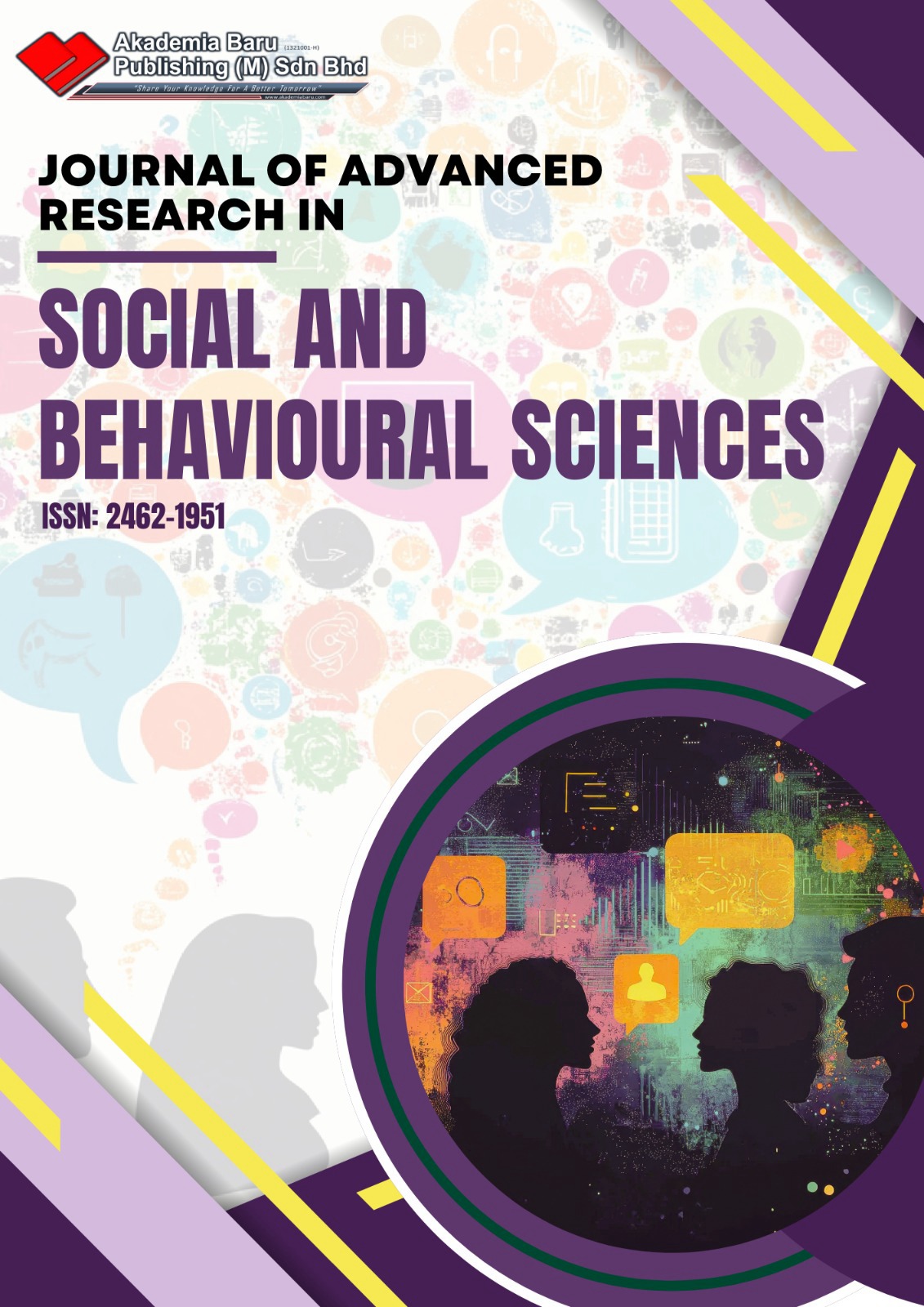Perspectives on Gendered Education Development in Nigeria: Evidence from Yobe State, Nigeria, 2009-2015
Keywords:
Education, gender, girl child, design and development, democracy, Yobe state, NigeriaAbstract
This paper explores the efforts of Girl Child Education (GCE) development put in place by Governor Gaidam’s regime in Yobe state, Nigeria from 2009 to 2015 as a tool for achieving gendered education development. It aims to provide the description and analysis of democratic regime performance in the development of Girl Child Education (GCE) through the perspectives and experiences of democratic stakeholders in democratic governance process in the state. The qualitative study is therefore based on the narratives of indepth interviews with democratic and education stakeholders and the review of education policy documents. The findings suggest that although there have been efforts to address the challenges of GCE through concerted efforts, the gender distribution of pupils and students at basic education levels reveals a low representation of girls than boys in Yobe state. The failure to achieve gender parity in education development is associated with poor access, lack of female role models, social, political, cultural and economic reasons and Boko Haram insurgency. This paper recommends that these issues can be addressed if more schools are established for girls, inspirations from female educators and roles models, better economic and political empowerment for young women and girls, and ensuring a peaceful and conducive learning atmosphere for the girls and women.











